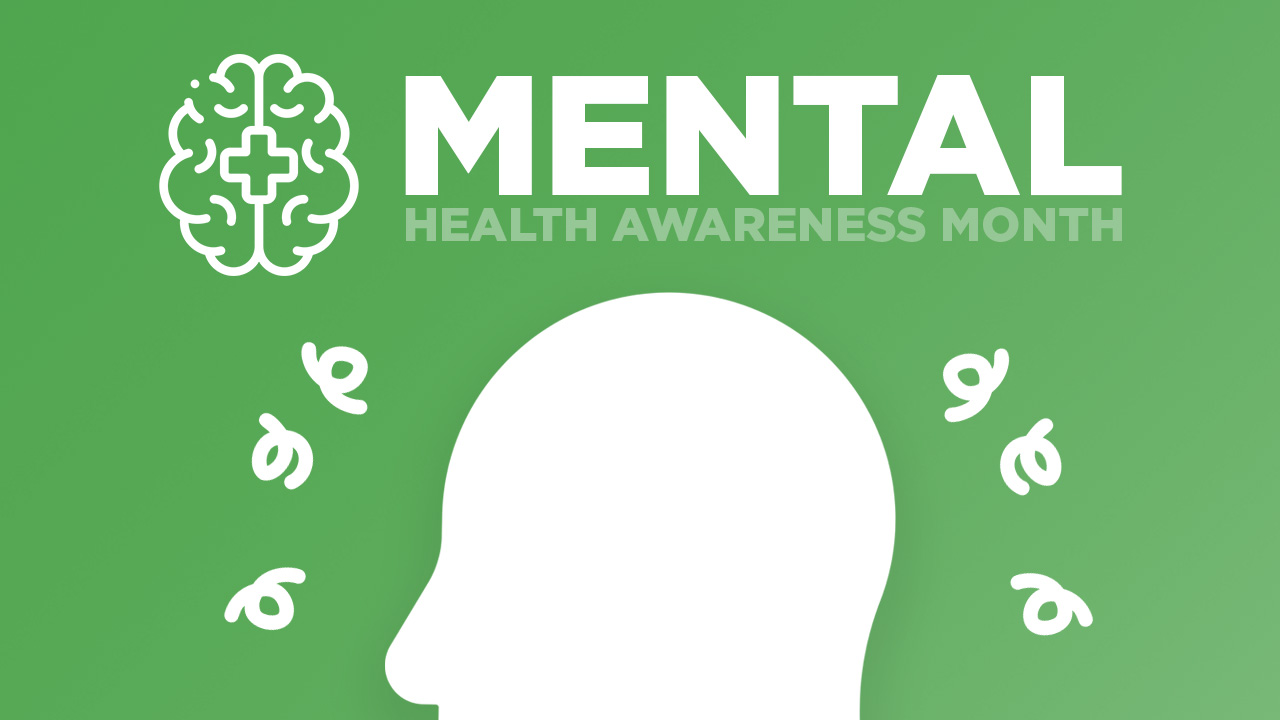
Stress is the body’s reaction to a threat. It is a demand placed on the body. It can be short term or chronic. Cancer.gov defines it as the body’s response to physical, mental, or emotional pressure. Stress can cause actual chemical changes in a person’s body which can raise heart rate and blood pressure. It can even contribute to high blood sugar levels due to increased cortisol and adrenaline levels in the body.
Chronic stress can make us physically sick. A person may experience acid reflux, headaches, abdominal issues, neck pain, and/or shoulder pain. People experience chronic stress due to several reasons: job, home life, death of loved one, being a caretaker of others, etc.
Anxiety is the body’s reaction to stress. We all have feelings of anxiety at times. That’s normal. When the body continues to perceive something as a threat, even though the threat no longer exists, that’s when it can interfere with our daily lives. Anxiety can be characterized as a state of excessive apprehension and uneasiness, sometimes associated with panic attacks or compulsive behavior.
Whether you are experiencing chronic stress or struggling with anxiety, there are things you can do to help yourself. What can you do about it? Check out some ways to assist with reducing stress and anxiety:
1. Give Thanks/Be Grateful – Gratitude journal: Each day write three things you are grateful for. Don’t have a notebook? Use what you have-a paper towel or napkin from the fuel stop will work. When we focus on something positive each day, it helps to change our thinking.
2. Deep Breathing – Box breathing is great for relieving tension and stress. Taking a few minutes each day to take some slow deep breaths is not only relieves stress, but it’s also good for the brain, and it improves one’s attention span.
3. Eat Healthy Foods – What we eat and drink can play a role in how we feel each day. Eating foods that are lower in carbs and higher in vitamins and minerals will be beneficial. The more color you add to your diet each day, the better off you will be. Green, leafy vegetables are especially helpful.
4. Get Your Heart Rate Up & Add in Strength Training – Research shows that 8 weeks of strength training “significantly reduces” feeling of stress and anxiety. Getting that heart rate up to a moderate rate will help the brain, the heart, and lungs along with helping reduce stress. This is when you will produce those “feel good, happy hormones”.
5. Yoga – Several studies have shown that yoga may reduce symptoms of stress and anxiety. Would you like to look into yoga but don’t know where to get started? Check out Mother Trucker Yoga, which is designed specifically for truck drivers.
6. Meditation – Mayo Clinic states that, “meditation, which is the practice of focused concentration, bringing yourself back to the moment over and over again, actually addresses stress, whether positive or negative.” Meditation can also reduce the areas of anxiety, chronic pain, depression, heart disease and high blood pressure. There are free YouTube videos showing meditations. You can also find them in fitness watch apps or by purchasing an app, such as the Calm app.
7. Sleep – This is the time that our brains detox, heal, and regenerate. Each person has different sleep requirements so determine what is best for you then strive to get quality sleep. Try turning off your phone/tablet/TV at least 30 minutes before going to sleep to help you fall asleep faster. Make sure your sleeping area is as dark as possible. Use an eye mask if there are lights that you can’t block out. Doing a sleep meditation can also be beneficial.
8. Get Support – If you need professional assistance on dealing with an issue, there is no shame in doing so. Since drivers are on the road for extended periods of time, it can be hard to get in to see a professional. Luckily, some telemedicine companies offer mental health service. For instance, Care.com has master’s level mental health counselors available to do video chats or phone calls. You can sign up on their website using the SCTRF discount code for up to four counseling sessions for only $10/month (SCF receives no money from Everywhere.Care).
Struggling with chronic stress and anxiety does not mean that you are broken, or that you did something wrong. It’s no one’s fault. By playing an active role in your mental health, you are caring for yourself, as well as others. Take time for you. Remember, you have value and are worth it.
